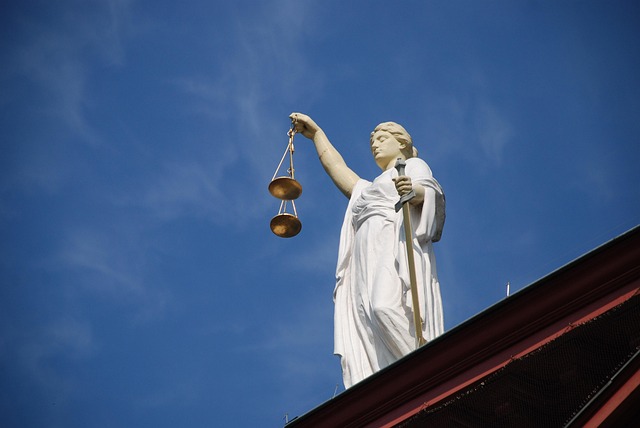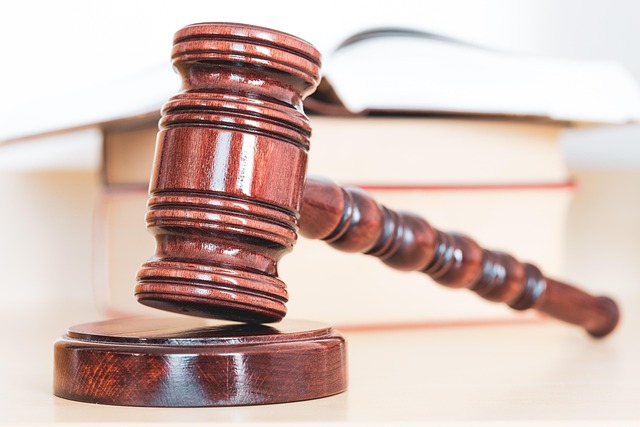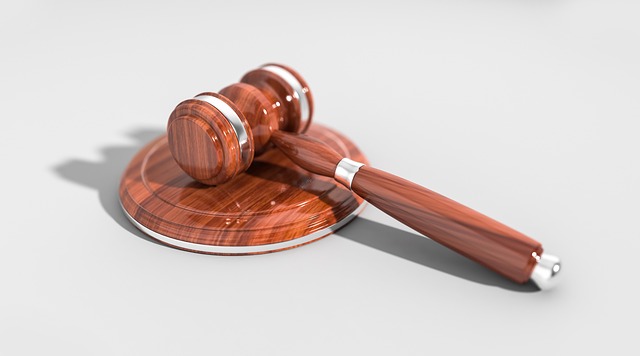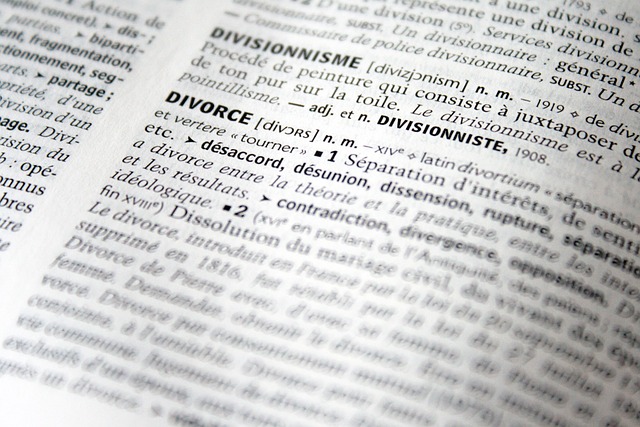Whistleblower Protection Laws safeguard individuals exposing illegal activities in healthcare, offering protection from retaliation and enabling valid claims to be dismissed through legal counsel. The intricate litigation process involves whistleblowers initiating investigations leading to potential jury trials, resulting in penalties and industry standard changes. Understanding Healthcare Regulatory Litigation Process focuses on how whistleblower lawsuits hold institutions accountable, deter future misconduct, and promote transparency within regulated sectors.
“Uncover the power of whistleblowers and their impact on healthcare regulatory litigation with this comprehensive guide. ‘Whistleblower Protection Lawsuits’ explores the intricate dance between protective laws, industry regulations, and those who dare to speak out. We dissect the legal process, from initial filing to trial, offering insights into successful case studies. Join us as we navigate the importance of whistleblowers in exposing wrongdoings within the healthcare sector, ultimately strengthening the understanding of the global healthcare regulatory litigation process.”
- What Are Whistleblower Protection Laws?
- Healthcare Industry: Key Players & Regulations
- The Role of Whistleblowers in Regulatory Litigation
- Legal Process: From Filing to Trial
- Case Studies: Successful Whistleblower Suits
What Are Whistleblower Protection Laws?

Whistleblower Protection Laws are legal frameworks designed to safeguard individuals who expose illegal or unethical activities within organizations, particularly in the healthcare sector. These laws offer a crucial safety net for whistleblowers who might otherwise face retaliation, such as termination, harassment, or legal repercussions for raising concerns about fraudulent practices, patient abuse, or violations of public health standards. Understanding these protections is essential for anyone considering coming forward with information that could lead to significant changes in healthcare regulatory enforcement.
By enacting Whistleblower Protection Laws, governments aim to encourage the exposure of fraud and misconduct while ensuring that those who speak out are not penalized. This legal process often involves navigating complex litigation, where whistleblowers, with the aid of legal counsel, can pursue a complete dismissal of all charges against them if their claims are found to be valid. Across the country, numerous cases have highlighted the significance of these laws in holding institutions accountable and fostering transparency within the healthcare industry.
Healthcare Industry: Key Players & Regulations
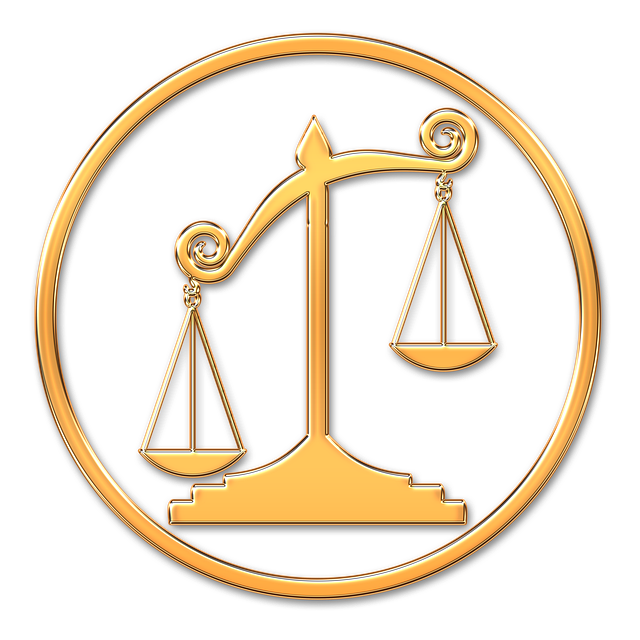
The healthcare industry is a complex web where powerful entities—including hospitals, pharmaceutical companies, and insurance providers—navigate intricate regulations to ensure patient safety and ethical practices. Understanding Healthcare Regulatory Litigation Process involves delving into this landscape, where disputes often arise from alleged violations of these stringent rules. When whistleblowers step forward to expose fraudulent activities or unsafe protocols within healthcare organizations, they trigger legal processes that can lead to significant outcomes for both corporate and individual clients.
Key players in this domain include regulatory bodies like the Food and Drug Administration (FDA) and the Centers for Medicare & Medicaid Services (CMS), which enforce laws such as the False Claims Act (FCA). Whistleblower protection lawsuits, often brought under these acts, aim to hold accountable entities engaging in fraud or non-compliance. Over time, successful whistleblowers have secured winning challenging defense verdicts, demonstrating the importance of robust legal representation for both businesses and individuals facing regulatory scrutiny.
The Role of Whistleblowers in Regulatory Litigation
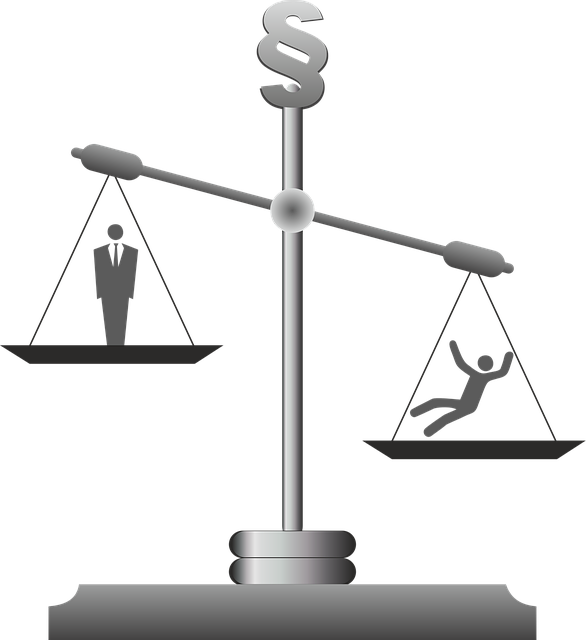
Whistleblowers play a pivotal role in regulatory litigation, especially within the healthcare sector. These individuals, who expose illegal or unethical practices within organizations, are instrumental in holding powerful entities accountable. By coming forward with crucial information, whistleblowers initiate a process that can lead to significant legal repercussions for those engaging in fraudulent activities. This is particularly important in high-stakes cases where public trust and safety are at risk.
Understanding the healthcare regulatory litigation process involves recognizing how whistleblowers’ actions trigger an investigation and, subsequently, potential jury trials. For his clients, this means navigating a complex web of legal procedures designed to uncover the truth and ensure justice. The exposure of wrongdoing by whistleblowers can result in substantial financial penalties and changes to industry standards, making them essential contributors to maintaining integrity within regulated industries.
Legal Process: From Filing to Trial

The legal process surrounding whistleblower protection lawsuits involves a series of steps that can be complex. It begins with an individual (often an employee or insider) deciding to come forward with information revealing illegal or unethical activities within an organization, such as fraud, corruption, or violations of healthcare regulations. This act triggers the initiation of legal proceedings, where the whistleblower files a complaint or lawsuit against the entity they believe is in the wrong. The key difference in these cases lies in their focus on public interest and the need to bring wrongdoings to light.
Once filed, the case navigates through various stages. It starts with pretrial motions, where both parties present their arguments and evidence. This phase can be crucial for determining the strength of the case and may include extensive discovery processes to gather relevant facts. If the case proceeds to trial, it is presented before a judge or jury, who will evaluate the evidence and testimonies to render a verdict. Jury trials offer a level of public scrutiny and accountability, making them prevalent in whistleblower cases. Ultimately, the outcome can lead to significant remedies, including financial compensation for the whistleblower and any affected individuals, as well as organizational changes to prevent future violations, benefitting both corporate and individual clients while fostering transparency within the philanthropic and political communities.
Case Studies: Successful Whistleblower Suits
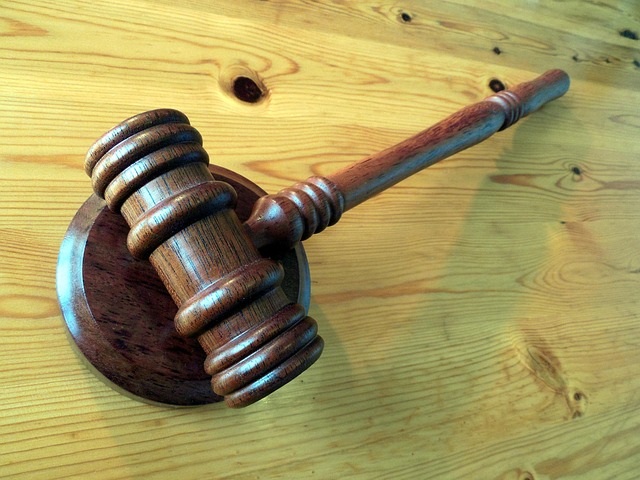
Whistleblower protection lawsuits have been instrumental in exposing white collar and economic crimes within various industries, including healthcare. Understanding the healthcare regulatory litigation process is crucial for both whistleblowers and businesses. Case studies illustrate successful suits where individuals bravely stepped forward to report fraudulent activities, leading to significant recoveries and reforms.
These cases highlight the importance of robust whistleblower protection laws in fostering a culture of accountability. By pursuing legal action through the respective business’s regulatory framework, whistleblowers can expose systemic issues while safeguarding their anonymity. This not only deters future misconduct but also ensures that those who engage in economic crimes face consequences, promoting transparency and integrity within healthcare and other sectors.
Understanding healthcare regulatory litigation and whistleblower protection laws is crucial for fostering transparency and accountability within the industry. By protecting whistleblowers, these laws enable individuals with valuable insights to come forward without fear of retaliation, leading to successful lawsuits that enhance ethical practices and protect public health. Navigating this process involves a comprehensive understanding of legal procedures and regulations, as illustrated by the diverse case studies presented here. This knowledge equips both professionals and citizens to actively participate in maintaining a robust healthcare system.

